One of the greatest areas of need and questions that we get from our patients relates to stomach and gut health. We work with patients dealing with a spectrum of problems from constipation to GERD. Intestinal inflammation is a condition that has solutions, but these answers have their own set of risks to deal with. The number one cause of a patient going to a practitioner is for a stomach related issue. A common occurrence is having a patient leave the practitioners office with the diagnosis of gastritis. Gastritis is a medical term for inflammation of the lining of the stomach.
The mucosal lining of the gut separates our gut lining from the billions of microbes in our gut, and it protects it from bad bacteria and harmful proteins. When the mucosal breaks down, it invites infection and inflammation or gastritis.
Bacteria can do damage to the mucosal lining, often we here the condition H Pylori. This is a type of bacteria that can break down that lining. Alcohol is another common irritant causing gastritis. Medications can be the cause as well, most commonly NSAIDs, which include the common over the counter products containing ibuprofen and naproxen sodium.
The following are factors that can increase your risk of gastritis. Older age due to the thinning of the mucosal lining as we age. In general, stress breaks down our bodies, and the mucosal lining is no exception to this processregular use of alcohol and NSAIDs as mentioned above. Your body is attacking itself in an autoimmune condition, which often is secondary to other autoimmune diseases, especially Hashimotos Thyroiditis and Type 1 diabetes.
When dealing with inflammation, we usually seek to address the inflammation, and this would resolve the issue. This is where the problem begins, you see, we dont have anything that addresses this type of inflammation. The products available to help this situation look at making the gut less acidic. Less acid means less irritation to the gut because the acid is an irritant. This is not a fix and more of a band-aid.
Now that we have established what gastritis is and how it affects the mucosal lining lets look at conventional treatments used to address this issue. The two most common types of drugs used to treat gastritis are proton pump inhibitors (PPI) and H2 blockers. The most common PPI is omeprazole, the generic form of Prilosec; there are several other PPIs on the market, including Lansoprazole, Esomeprazole, and Pantoprazole. The H2 blockers include medications like Famotidine or Pepcid and ranitidine or Zantac.
These medications raise the pH of an empty stomach from 1.2-1.4 up to 4. The 1.2 would be the equivalent of battery acid, and the four would be like beer. I always ask my patients the questions, would battery acid or beer better digest your food? They usually smile and say battery acid.
Not having adequate stomach acid is a problem because not digesting your food can lead to nutritional deficiencies. Over time, we can develop deficiencies of the following nutrients; vitamin B12, vitamin C, Iron, Calcium, and Magnesium.
You are probably asking yourselves if raising the pH isnt a fix, what is the solution? First and foremost is prevention, avoiding things that can damage the mucosa. Coat the area to allow healing, which is discussed below. Kill the bacteria if they are the cause of gastritis. Support the lining of the gut. Populate good bacteria and feed these good bacteria.
Incorporating gut healthy ingredients to your regimen including Zinc Carnosine, a dietary supplement that has studies showing its effectiveness in treating gastritis. This form of zinc has been shown to promote healthy gut function and support the integrity of the gut. Another key ingredient for gut health is L-glutamine, a form of fuel for intestinal tissue as well as an important amino acid for gut integrity and promoting a healthy immune response.
Mucilaginous or mucus-like products can be used because they mimic the mucosal lining. Products in this category include; slippery elm, aloe vera, okra, marshmallow root, licorice root, and apple pectin. Think about each of these products and how the texture and makeup would naturally aid in repairing that protective mucosal lining that keeps that battery acid from burning a hole in the stomach lining. The product that has all of the ingredients in one is Dynamic GI Integrity
. Dosing is 1 scoop in 8-12 oz of water 1 to 2 times a day. I like to have it on the rocks as it is peach/tea flavored.
Many of you currently take medications for gastritis, heartburn, and GERD. These medications can be challenging to get off because if underlying gastritis or inflammation is not under control when these medications are stopped, a person will get rebound acid production. In this situation, stopping makes the body rebound gobs of acid. This acid will now come in contact with the inflamed mucosa causing you to feel uncomfortable. This is not a good situation to be in, where you are somewhat dependent on medication to feel well.
The solution is to fix the underlying inflammation. Once the inflammation is under control, tapering off of the mediation used to suppress acid can begin. This may take some time to get off the medication slowly, and it may also require some as needed medication to get through this period of transition. After transitioning off of the drug, we can now look at the need for acid to aid in digestion and to keep things in balance in your gut
Please call the pharmacy @ 701-483-4858 or stop in to schedule a consultation on developing a protocol for overall gastrointestinal health.
Until next time, be vigilant about your health!!
VISIT US
HOURS
HOURS
CONTACT US
Fax #: (701) 483-4926


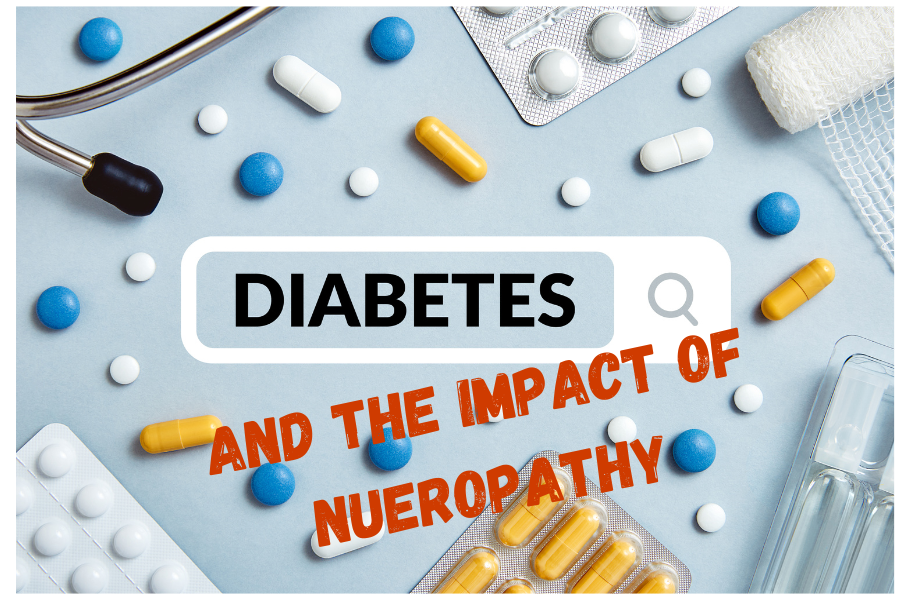

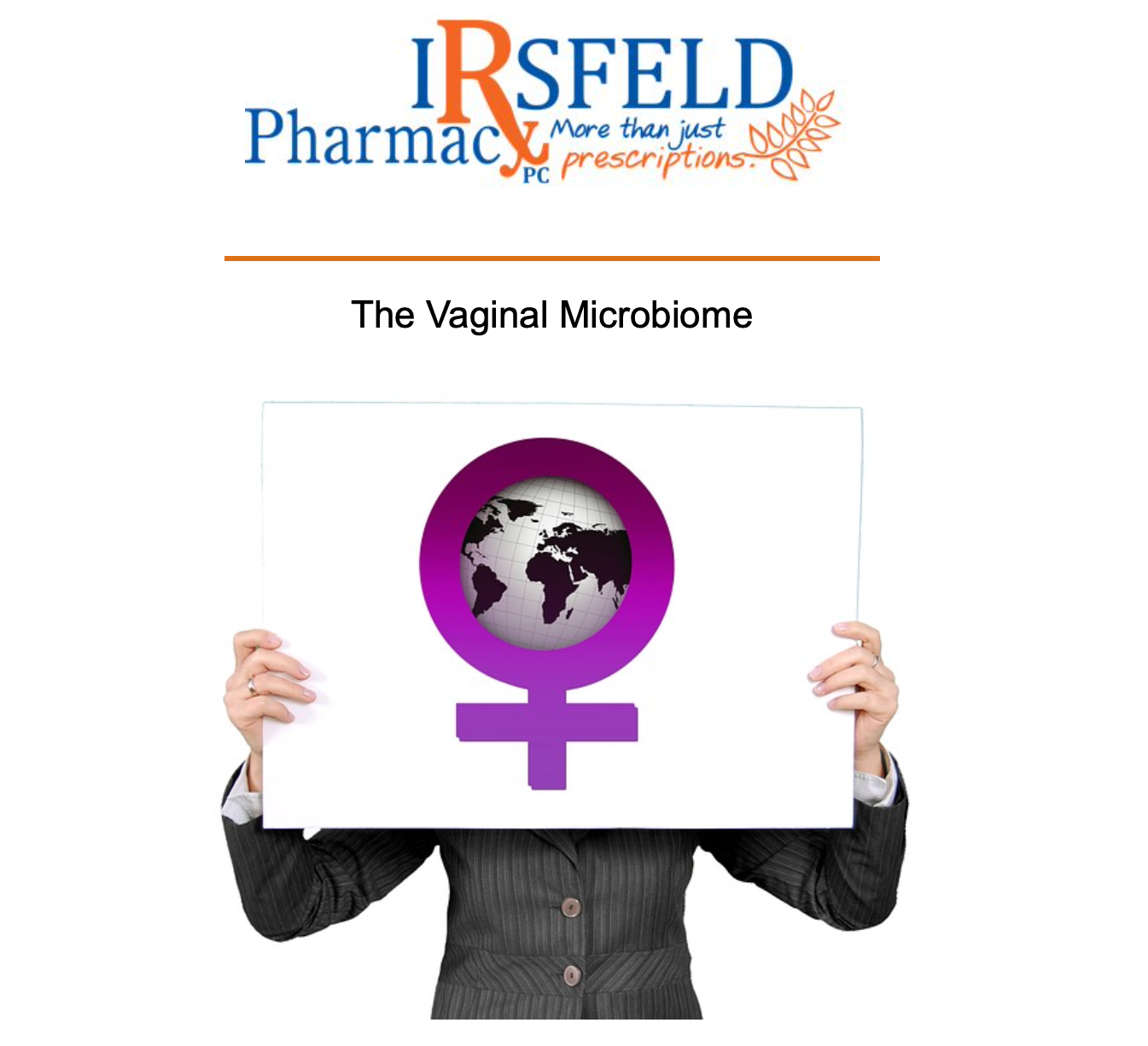
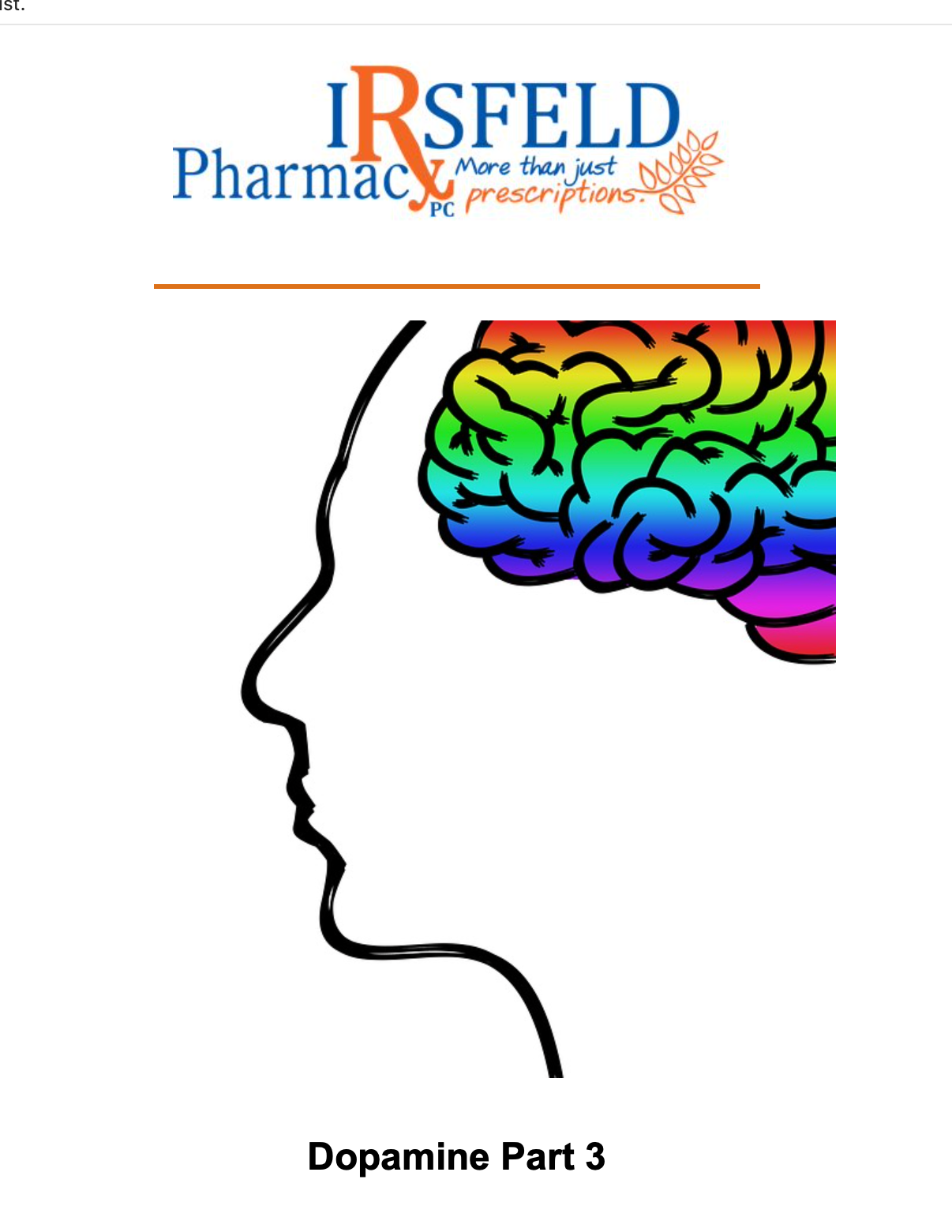

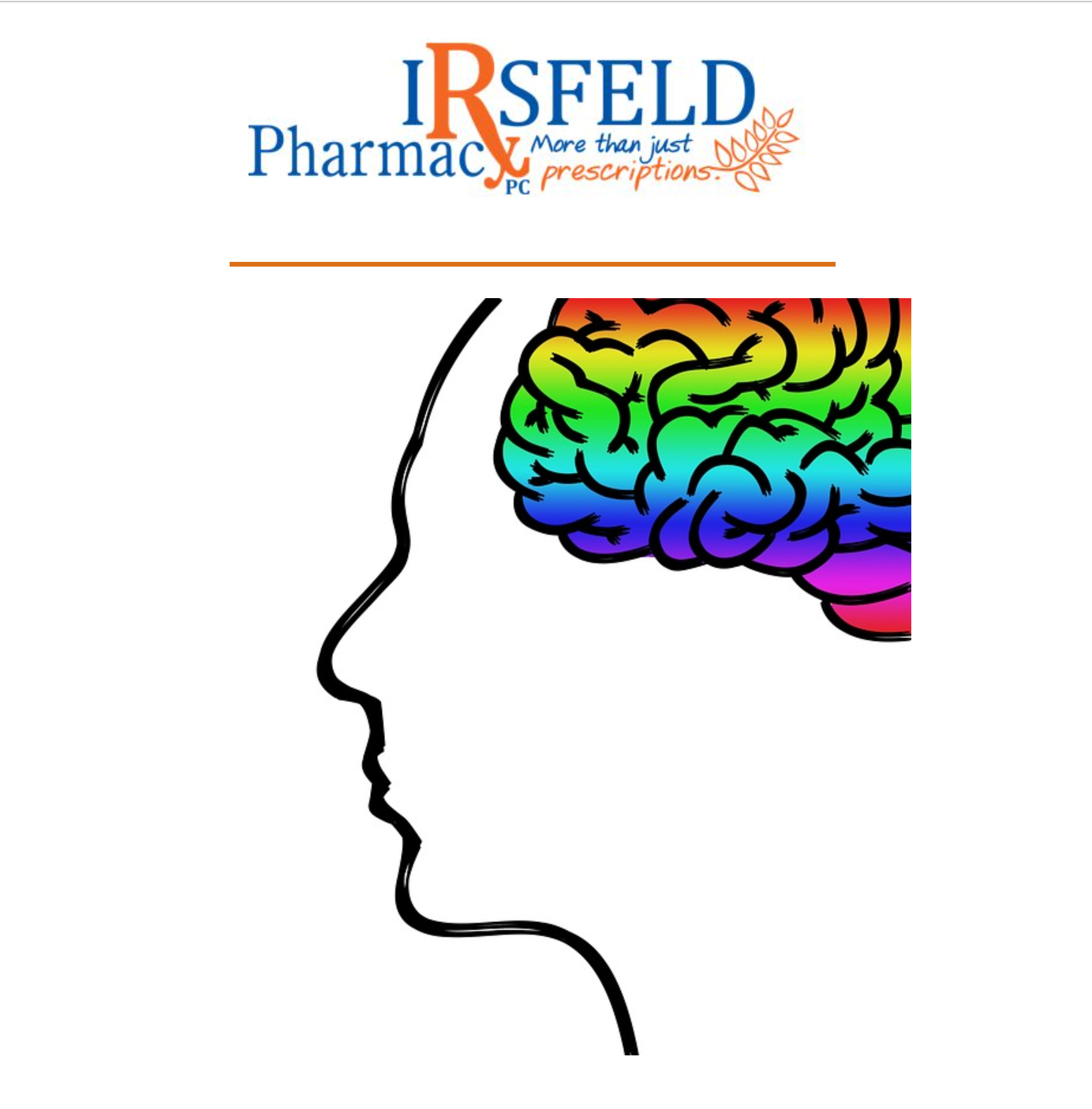
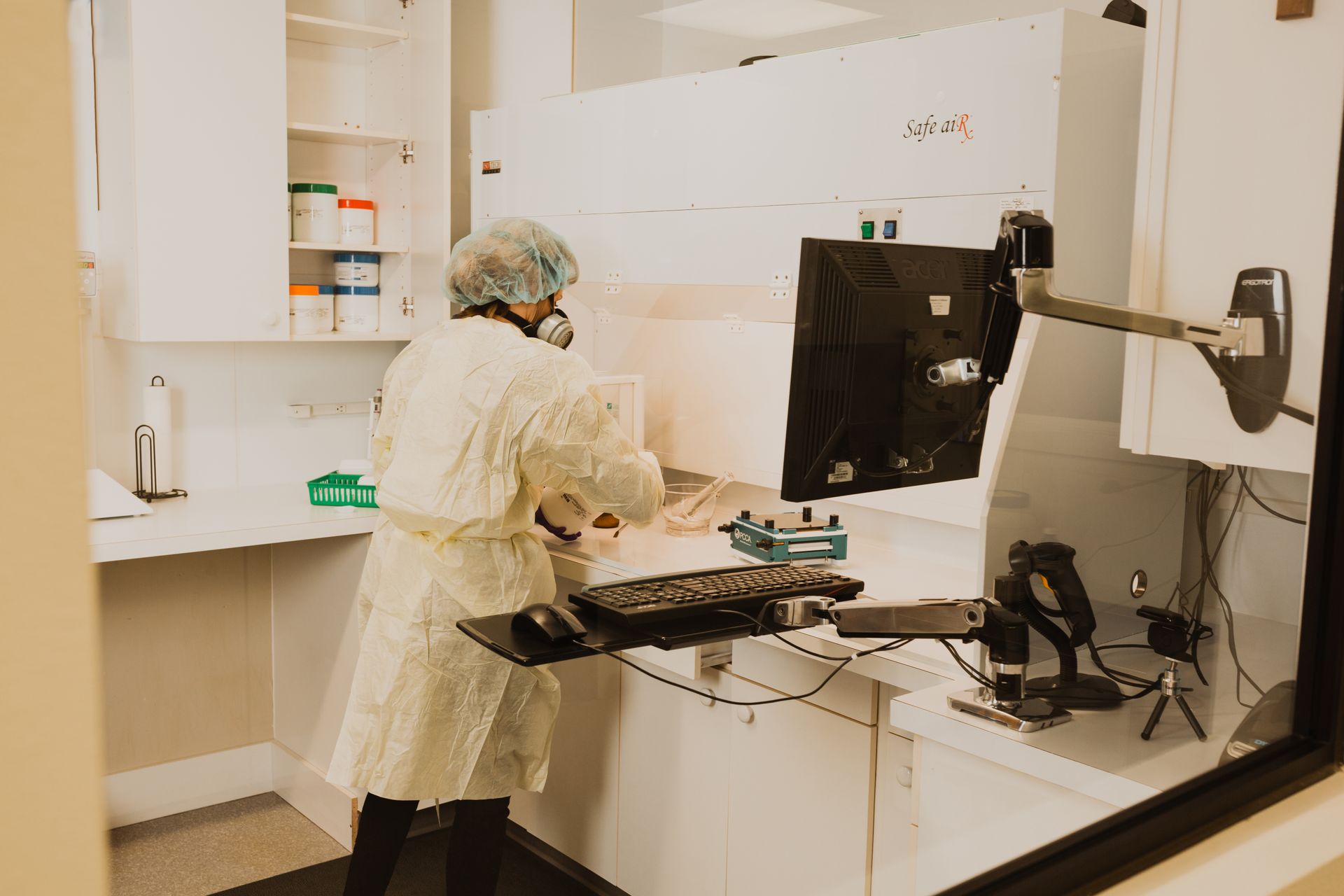


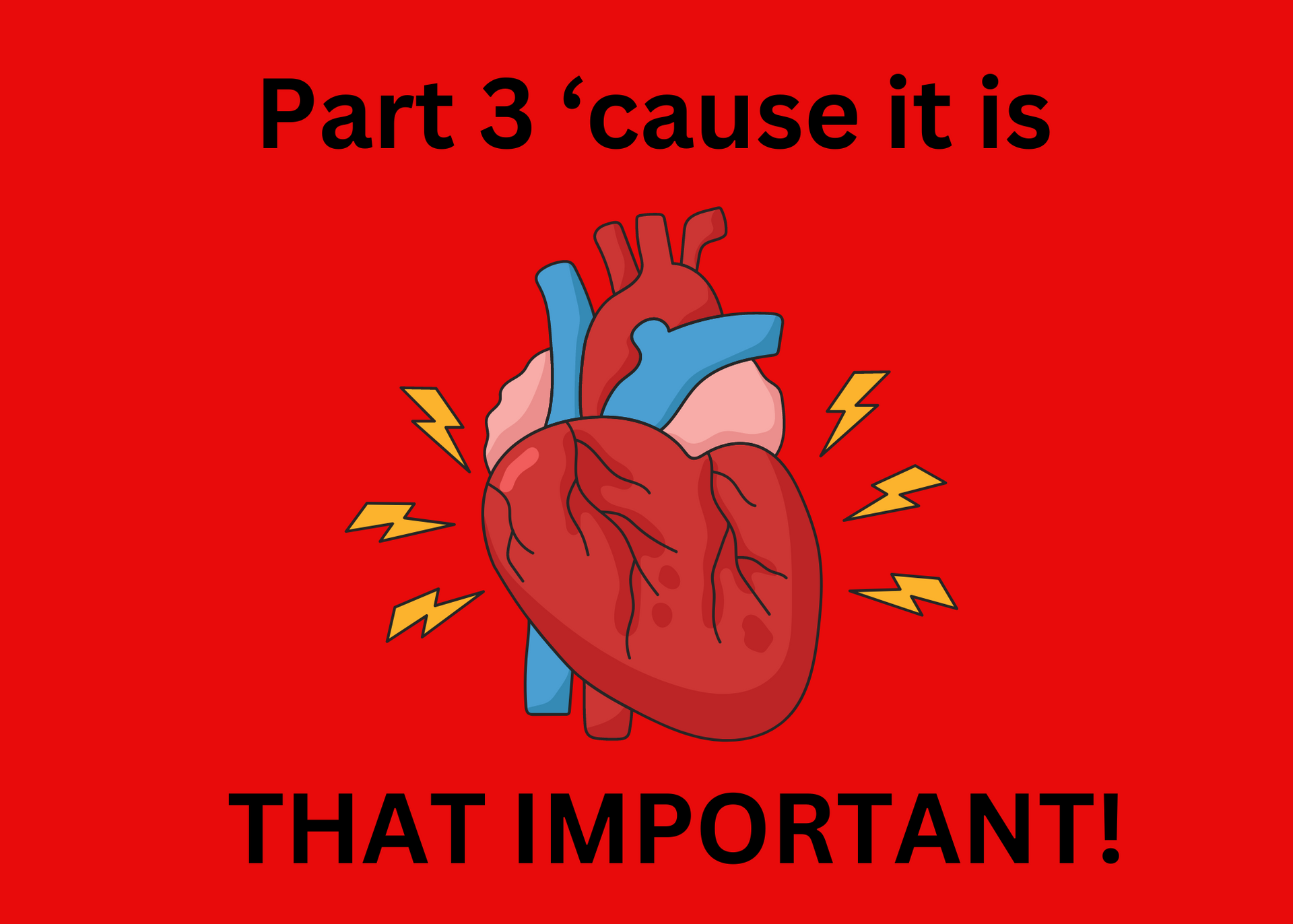
Share On: